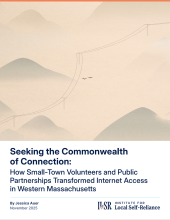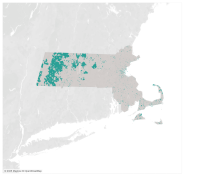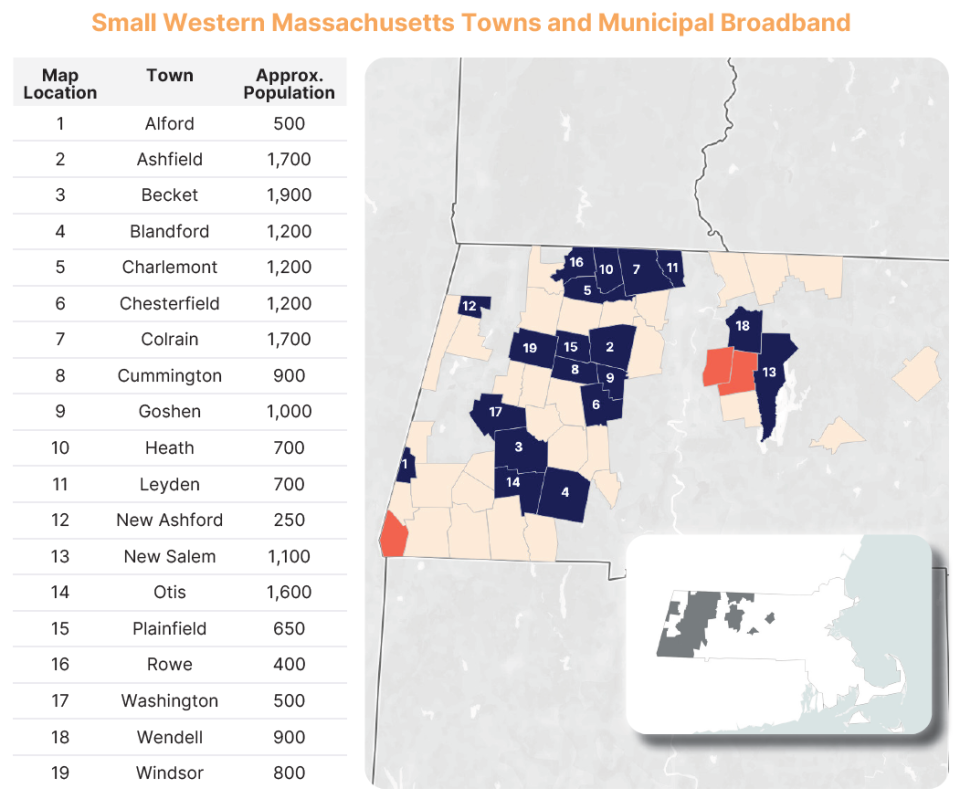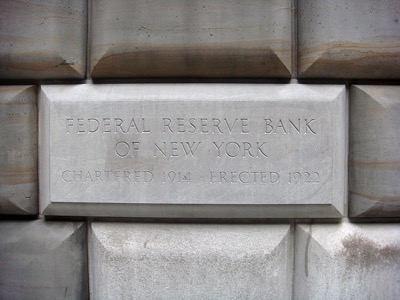Seeking the Commonwealth of Connection: How Small-Town Volunteers and Public Partnerships Transformed Internet Access in Western Massachusetts

Fifteen years ago, Western Massachusetts residents in the small hill towns were stuck on aging broadband infrastructure. While their neighbors in the eastern part of the state were seeing new investment and expanding coverage, they were not. But instead of giving a handout to the regional monopoly, they rolled up their sleeves and got to work. The result? Between 2018 and 2022, 19 very small towns in Western Massachusetts built fiber-to-the-home (ftth) networks and transformed their telecommunications future forever.
Seeking the Commonwealth of Connection: How Small-Town Volunteers and Public Partnerships Transformed Internet Access in Western Massachusetts [pdf] tells the story of how this came to be, and the impact it is had for residents, businesses, and community anchor institutions in the region. The 8,000 people who live there pay less for their broadband service than those living in most major metro areas around the country, and know their customer service representatives by name. The real estate market has gotten a boost, not only keeping people of all ages in the areas, but bringing in working professionals from New York City and transforming local business’ ability to process credit card transactions and stay competitive. Internet service outages are measured in minutes or hours instead of days. And the money they pay for that service stays in their communities, helping them plan for the future and build new revenue streams to further improve the lives of their citizens.
Public-public partnerships like these not only bring direct benefits to communities, but they strengthen the ties within and between them. Far-flung neighbors are more likely to know each other by name. The stacking effects of the gains will be felt for generations.












